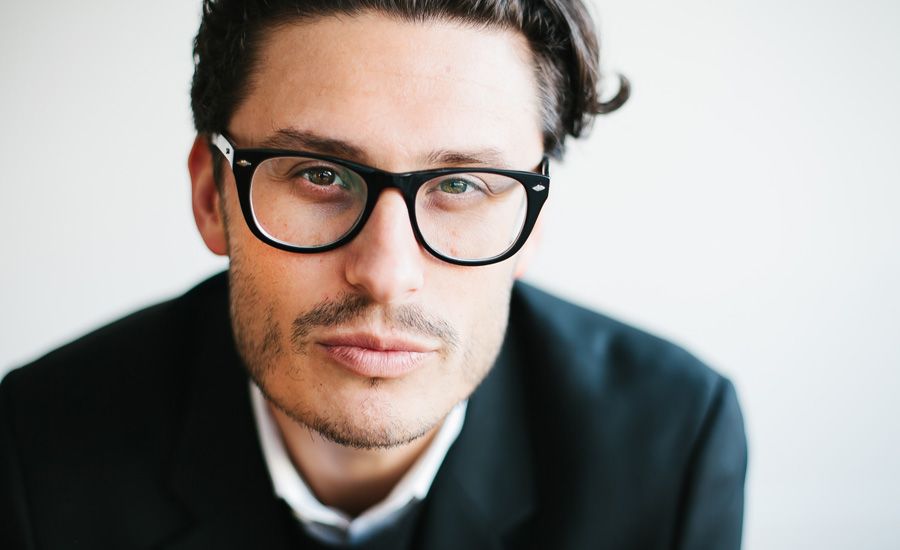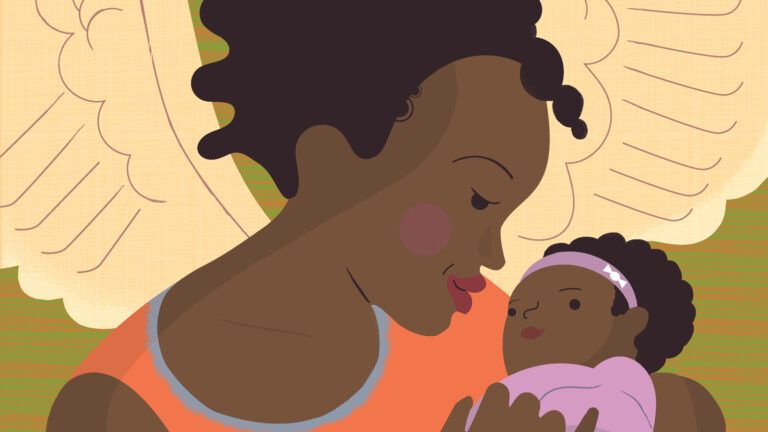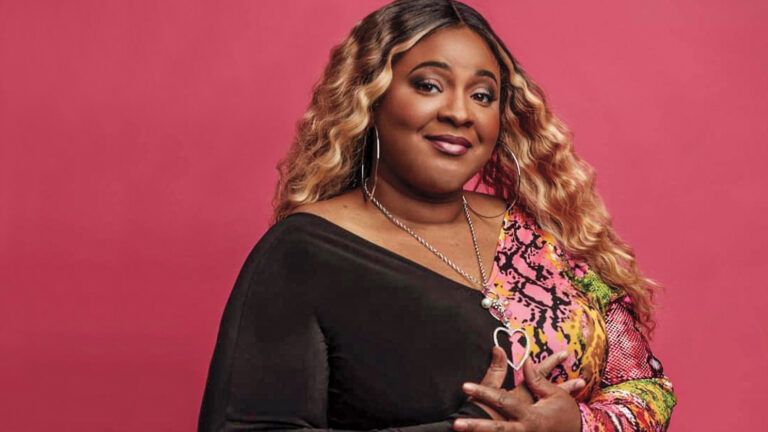When Pastor Chad Veach and his wife welcomed their first child into the world four years ago, they knew their lives would be forever changed. They had no idea of the challenges that would arise as a result of their daughter Georgia’s brain disorder, diagnosed just four months after she was born.
Georgia never cried, never fussed, hardly ever woke them in the middle of the night. Pastor Veach thought they’d hit the lottery with such a quiet bundle of joy.
“She was perfect,” the author writes in his new book Unreasonable Hope. “She rarely cried at all. At the time, we didn’t realize that was not a good thing.”
It wasn’t until the couple noticed Georgia’s inability to focus and grasp small objects that they decided to visit a doctor. Thinking Georgia might have a vision impairment, Veach could have never prepared himself for what the two parents heard that day.
Georgia was diagnosed with Lissencephaly, or smooth brain, a rare disorder that results in a lack of development of brain folds. Medically, the diagnosis meant Georgia probably wouldn’t make it to her 10th birthday and that her mental development wouldn’t go beyond that of a 3 month old.
The diagnosis meant Veach and his wife were facing seemingly endless nights of seizures, constant worry over respiratory infections and aspiration – the two biggest threats to Georgia’s young life – and the stress of having no clue of how to care for a special needs child.
“The biggest struggle that we faced was just trying to understand what our new normal was,” Veach tells Guideposts.org.
That new normal involved late night calls to the neurologist, trips to urgent care and canceled family plans. Most of Veach’s wife’s day was filled with trying to get Georgia to eat. Many children suffering with Lissencephaly end up needing feeding tubes because their brain has trouble telling their body to chew and swallow food. Georgia required two hours, if not more, per feeding — breakfast, lunch and dinner.
“The stress, it’s a real game changer for your lifestyle,” Veach says.
One night, as the couple lay in bed, Veach’s wife woke him from a deep sleep. She wanted to make sure that, were something to happen to Georgia, Veach wouldn’t blame her or himself.
“I think it was a real definitive moment for us,” Veach recalls. “You have this guilt and shame, all these normal feelings that come with this as a parent. That moment for us was just going, ‘We have done everything we could, we haven’t dropped the ball, we haven’t been careless or irresponsible. If something happens to her we are going to celebrate her life and we are also going to move forward without guilt and without repercussion towards one-another.’”
It was a turning point in the couple’s relationship and the way they cared for their daughter. The seizures kept coming, a feeding tube eventually became necessary and those hard days weren’t behind them. But, freeing themselves of the guilt so many caregivers feel meant Veach and his wife could have hope for the future and for Georgia.
It was on a trip to New York to preach at Hillsong NYC that the pastor met up with a friend who encouraged him to honor Georgia’s story in a unique way, by getting a tattoo of a “G”.
“He designed [this] tattoo for Georgia and said every time we look at it, we’ll pray for her and then it just kind of took off,” Veach says.
Soon friends and family were getting Gs tattooed on their bodies and sharing their G-tats on social media and in their communities. Celebrities like Pretty Little Liars star Ashley Benson – a friend of Veach’s – and Justin Beiber were getting inked in solidarity with Georgia and her battle. Veach couldn’t visit a church or preach at a conference without at least one person coming up to him to show off their own Georgia tattoo.
That simple, extraordinary act of kindness left a mark on the young dad.
“People around the world going, ‘I want to do anything in my power to let you know you are not alone and I’m with you. I’m believing with you. I’m believing for your daughter,’” Veach says. “It’s just unbelievable. I don’t have words to articulate our gratitude.”
Veach wrote his new book in part to say thank you to everyone supporting Georgia and also to help others who may find themselves on a similar path.
His book’s title Unreasonable Hope carries its own special meaning.
“I think I did not have a full understanding of what hope was,” Veach explains. “Hope has this confident expectation. I think it is really easy for us to prepare for the worst [to think] ‘I don’t want to get my hopes because I could get disappointed.’ I found quite the opposite. When I put my hope in God, I have eyes to the future and towards possibility. Hope is the architect. Hope is the one that draws up the plans and lets you see it but in order to get the plans executed you’ve got to have faith.”
Veach and his wife recently moved to Los Angeles where they started their own church and welcomed two healthy boys into the family. Georgia just celebrated her fourth birthday and as more extensive care is required, things only get harder for her and her parents.
But Veach continues to trust in the promise of his faith and hopes his story can teach others to do the same.
“God is not the author of sickness,” Veach says. “People might say, ‘Well, we pray for healing how come we haven’t seen it?’ I can’t answer that question. I have prayed for my daughter to be healed and she hasn’t been healed yet. But I believe God is going to heal her on earth or she will be healed in heaven. So I think that is what hope is. Hope says, ‘There is more to this life. There is a better place God’s preparing for us.’”





